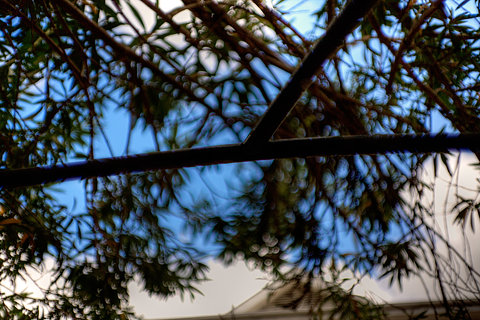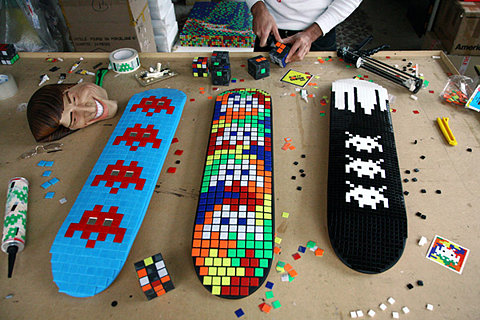
Reading Molly. The lies she told, at the end, her husband the brute, rude and lazy, the man out in Tucson that she would love. Telling him around the time she purchased her gun that she had to take care of certain things. The trail that Butler found in her journals and on her phone, reminding me of an appointment I discovered on January 10th, we were still talking, a date or a phone call I wasn’t sure, an appointment I discovered crossing the threshold from the single room where I was putting my life into cardboard, into her office where the planner lay open on her desk. This was February, after I’d seen the evidence of that day—or the evidence of another, later perhaps—in the open bathroom trash, and been blamed for it, I can’t believe you saw that, and after she’d reported having dreams where I was yelling at her, her own guilt speaking. What I’d been told: that in ever trying to initiate the man before me had committed assault. Over and over and over again. That is who the book of poetry is about, no true husband. That they had moved there, to the province, and never had sex again because for her the relationship was over, but that this man, who did not know this crucial fact, was an abuser because he clumsily played with his towel after showers. Because he tried to kiss the woman he was living with. And then for a month after it was done she could not be rid of him, she said, he would not leave, and I wonder sometimes how much that situation resembled mine, kept on the edge of hope, somewhere between hope and contempt, until the contempt ran like river water. Or what was said of me in her telling, though it doesn’t matter now, how I was represented to justify her strange whims, changing the locks, her conviction that I had threatened her when the only threat ever uttered between us was that all I owned belonged to her. Strange to be idealized and then discarded and to have the stories, fiction, in which you are idealized coming out still. On the fridge, a business card for me she’d once printed, the nicest man in the world, a reduction only replaced after I’d discovered her infidelity, by a birthday card from the other man. Strange, too, to be told that somewhere she has written that you were a condescending, or unsupportive husband, that you tutted to remind her that you, too, were a writer in the relationship, never mind that there might be cases in which saying that is itself evidence that it needed to be said, the time spent in consolation, and in support, the help you did not regret offering but which you thought, might, for months multiplied by months, sometime end, or lessen, so that there might be equilibrium, absence of catastrophe, time to sit and be together, not be tugged underwater, toward your own end.








